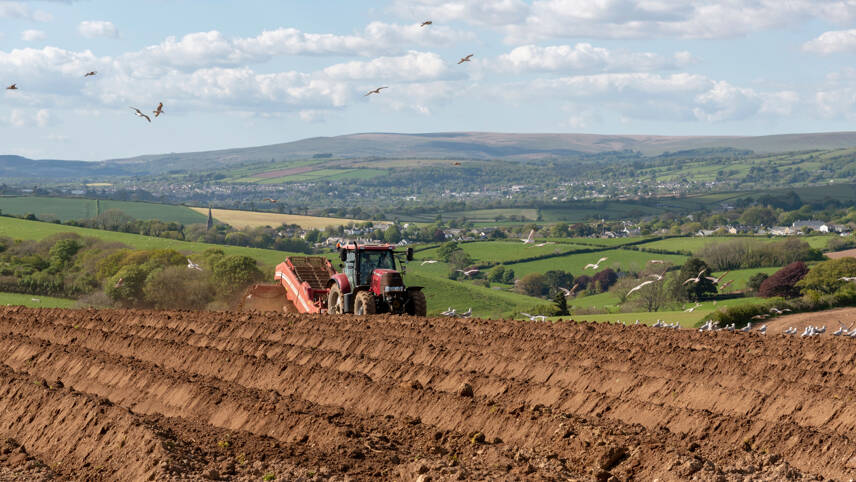Register for free and continue reading
Join our growing army of changemakers and get unlimited access to our premium content

Under the Agriculture Bill, Defra launched the Basic Payment Scheme under the ELM package, as well as the Local Nature Recovery scheme and Landscape Recovery scheme. The former will pay farmers for conserving and restoring soils and grasslands, while the latter pair cover actions that deliver biodiversity gain.
Farmers across the UK are still waiting on clarity from Defra as to whether further phases of the ELM will be rolled out following its introduction earlier this year. During the initial launch, green groups warned that the payment system falls short of what is needed to support farmers.
The ELM replaces the EU’s Common Agricultural Policy (CAP) and was meant to reward farmers financially if they improved soil health, delivered better water quality and created measures to reduce flooding.
Defra wants around 70% of farmers in England to be signed up to the ELM by 2028, following the end of the transition period.
However, the Observer recently reported that Defra is considering scrapping this payment scheme in favour of a yearly sum based on land ownership, a model that is much more consistent with the CAP, a policy that was frequently questioned by green groups.
Speaking at the Farming for Food and Nature conference, Natural England Juniper dismissed suggestions that the Government is about to scrap the new scheme of Local Nature Recovery, stating that he’d been informed that the Government would “stick to the already up-and-running Countryside Stewardship scheme, but to make it much better.”
“Doing more for Nature will mean new opportunities to open new revenue streams and smoothing out some of the volatility we will undoubtedly continue to face into the future. As well as making financial sense, it also makes sense for society, not least because of how such an approach can strengthen the bonds between farmers and the communities where they live and work,” Juniper said.
“Remembering that thriving nature will not just benefit the farmers, but also people nearby who will enjoy the enhanced leisure opportunities, cleaner water and abundant wildlife, is essential for continued public investment in the agricultural sector. An additional, very important driver for action is the Government ‘s environmental targets, which among other things require us to halt the decline of Nature by the end of this decade. England’s farmers will have a bigger role in this than any other occupation and, from what I’ve seen, they are ready to rise to the challenge of deriving multiple benefits from their land alongside the essential job of feeding us all.”
edie has since reached out to the Government for comment. A Defra spokesperson said: “No decisions have been made – we are pressing ahead with our Environmental Land Management schemes and fine-tuning them to make sure they help to deliver our ambitious outcomes on the environment and support a thriving farming sector. We will be providing more details in due course.
“This includes looking to build on the lessons learned from the 849 farmers in our SFI pilots, our test and trials, the first 22 Landscape Recovery projects and the success of the Countryside Stewardship scheme, which over 30,000 farmers are now involved with – a 94% increase on three years ago.”
Just last week, the Office for Environmental Protection (OEP) provided written evidence on proposals from the Government to review the Retained EU Laws Bill, warning that it could introduce a rushed approach that fails to improve key environmental targets.
The OEP is concerned that a deadline of the end of 2023 to rewrite key environmental legislations under the review may lead to a rushed approach that fails to strengthen the UK’s approach to nature, water and environmental stewardship.


Please login or Register to leave a comment.